The massive import of livestock and poultry meat into Vietnam has put the domestic livestock industry at risk. Are these imported meats safe?
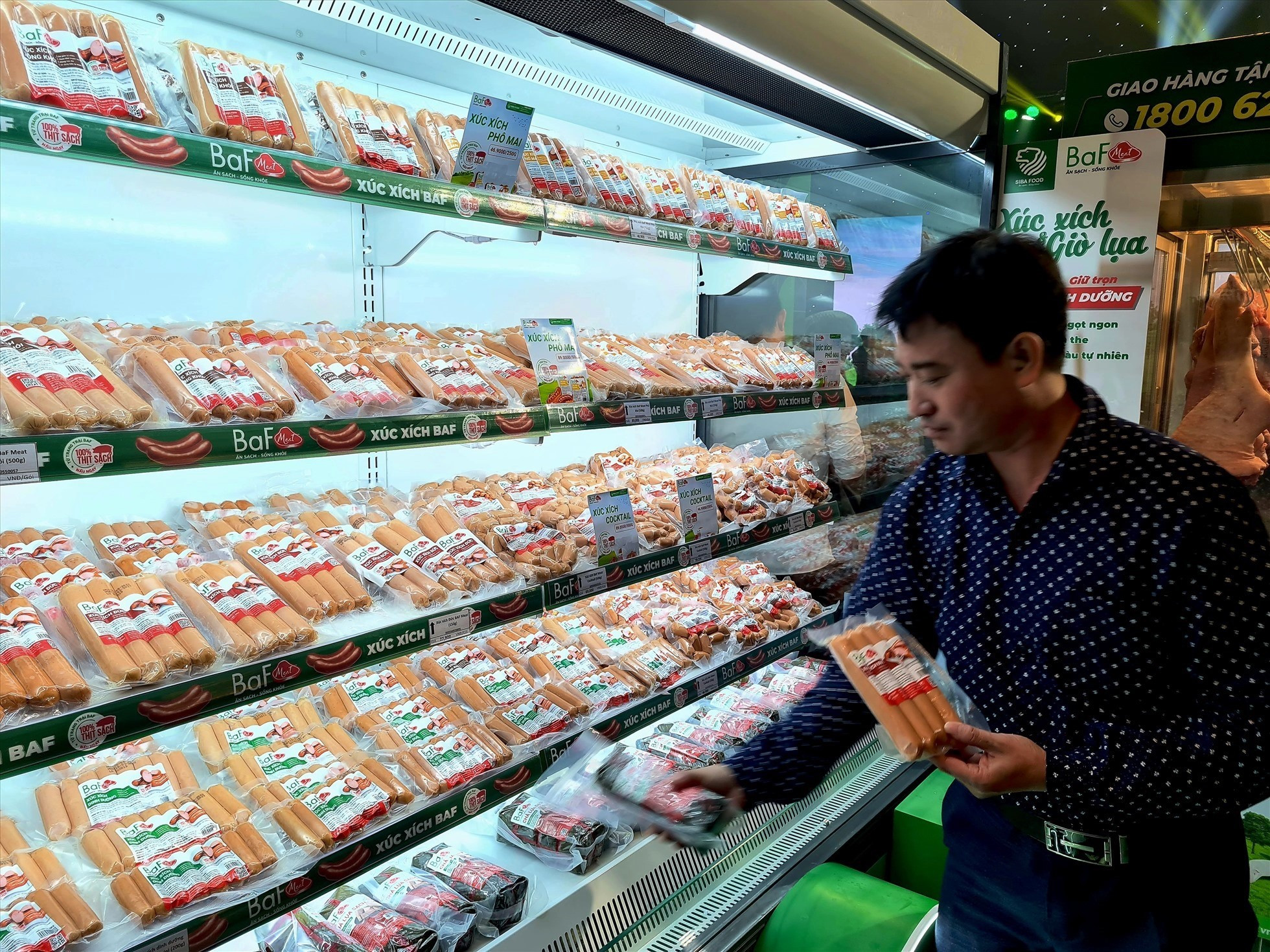
Are the cheap imported meats flooding the market safe?
Responding to a reporter's question about why the veterinary sector allows imported meat to enter Vietnam without restrictions, creating fierce competition with domestically raised products, and why these imports are not restricted, Ms. Nguyen Thu Thuy, Deputy Director of the Department of Animal Health ( Ministry of Agriculture and Rural Development ), said: Vietnam is a member of the World Trade Organization (WTO) and must comply with international trade regulations. It is impossible to prohibit the import of certain products or restrict the import of others if those items do not violate Vietnamese or international regulations.
However, inspection and quarantine measures are still implemented. All imported products into Vietnam must go through a five-step evaluation and negotiation process; each product takes a minimum of 4-5 years to be considered for import into Vietnam and must comply with very strict procedures. Before allowing the import of a product, the Department of Animal Health must assess the disease documentation and monitor the food safety assurance process in the importing country before permitting import.
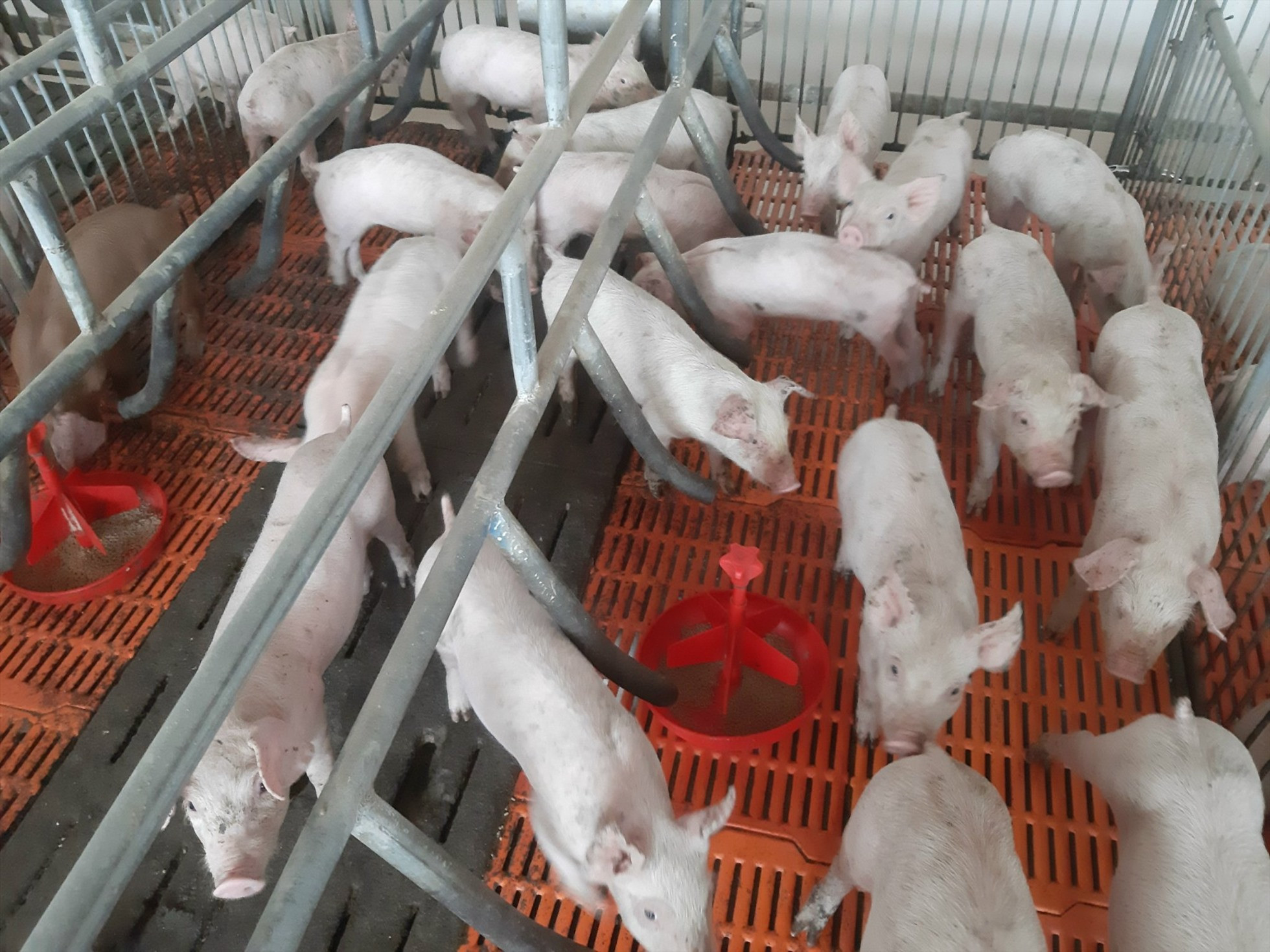
Responding to questions about whether imported livestock and poultry products, especially offal (organs, tails, feet, skin, etc.) sold cheaply on social media and in supermarkets, are safe, of guaranteed quality, and contain prohibited substances, Ms. Nguyen Thu Thuy affirmed: "Currently, the inspection rate for imported shipments is 5%. In the past two years, veterinary authorities have not detected any cases of food residue levels that warrant a warning."
Regarding the import of cheap (culled) chicken into Vietnam, Ms. Thuy also stated that poultry products in Vietnam, specifically egg-laying chickens, are still used as food for consumers after a period of use. Therefore, during negotiations, we cannot say that this type of culled chicken cannot be imported into Vietnam.
The livestock industry is struggling because of imported meat.
Speaking with a reporter from Lao Dong newspaper, Mr. Duong Tat Thang – Director of the Department of Animal Husbandry (Ministry of Agriculture and Rural Development), emphasized: The openness of the market. livestock farming The enormous volume of imports, coupled with a lack of technical barriers to regulate them, is one of the reasons why the difficulties facing the livestock industry are compounded.
With Vietnam's participation in 17 Free Trade Agreements with countries, regions, and territories (including two new-generation agreements like the CPTPP and EVFTA), many countries with strong livestock industries such as the US, Brazil, and Australia have increased exports to Vietnam. Although the import volume in 2022 and early 2023 was not very large, the cumulative total import volume has significantly reduced the selling price of domestic pork and poultry products.
This has affected people's livelihoods. livestock farming Affected by: Increased input costs and soaring production costs, while the selling prices of livestock products remain persistently low, leading to losses for livestock and poultry farmers, not only at the household level but also on large farms (due to a lack of linkages and an incomplete supply chain for both inputs and outputs). Meanwhile, the transition to other occupations and the restructuring of the rural economy are slow, causing small-scale farmers to gradually lose their livelihoods.
"In addition, dangerous infectious diseases are developing quite complicatedly, causing fluctuations in the total livestock population and economic losses for farmers. Farm owners are falling into debt and are at risk of bankruptcy, making it very difficult for them to recover production," Mr. Thang informed.
“Thailand is a highly protected market, with the government only allowing the import of certain types of poultry meat. The Thai government effectively bans US chicken products through import license controls. Additionally, high import tariffs (30% for uncooked or chilled meat and 40% for cooked chicken) and discriminatory import license fees for uncooked products (7 baht/kg or approximately US$189/ton) help protect the domestic market from imports.” (Mr. Duong Tat Thang - Director of the Department of Animal Husbandry - Ministry of Agriculture and Rural Development) |
Source





![[Photo] Prime Minister Pham Minh Chinh attends the Conference summarizing and implementing tasks of the judicial sector.](/_next/image?url=https%3A%2F%2Fvphoto.vietnam.vn%2Fthumb%2F1200x675%2Fvietnam%2Fresource%2FIMAGE%2F2025%2F12%2F13%2F1765616082148_dsc-5565-jpg.webp&w=3840&q=75)


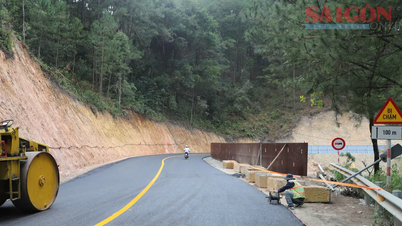

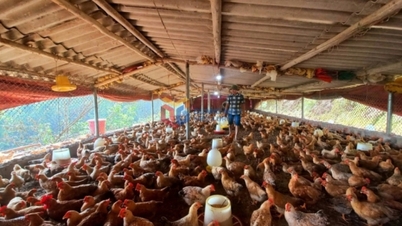


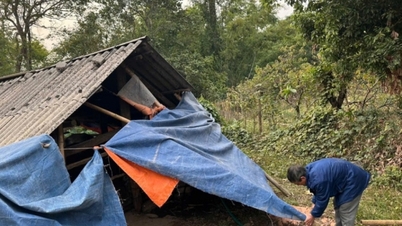
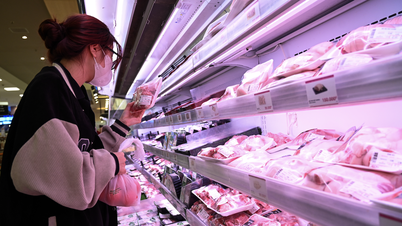
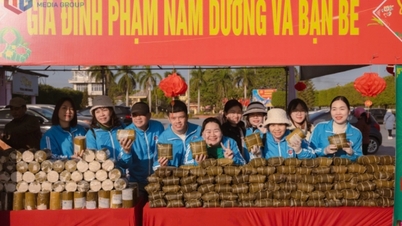

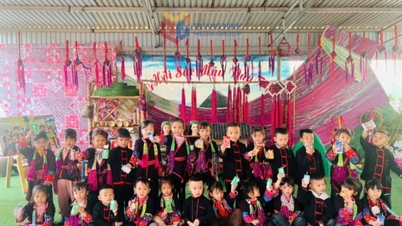
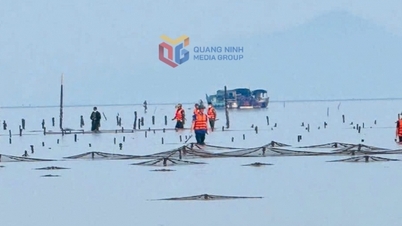
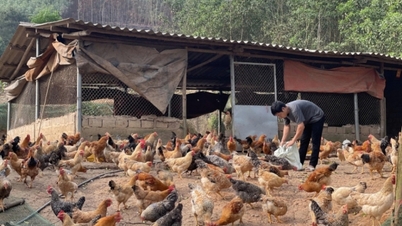







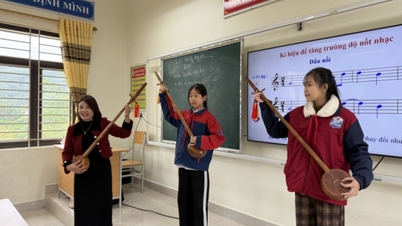
















































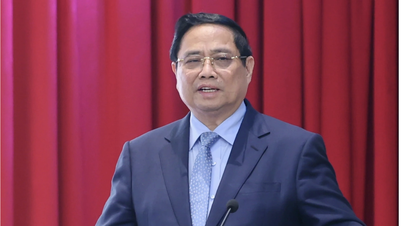



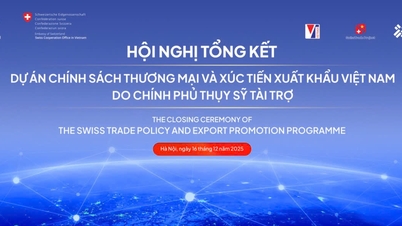

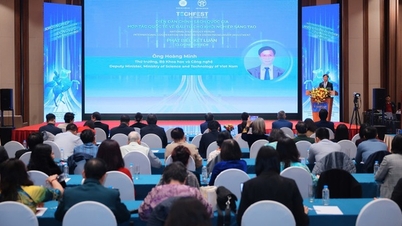

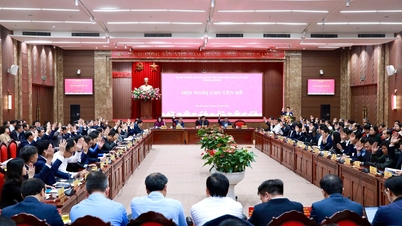

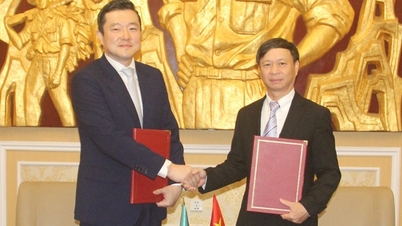
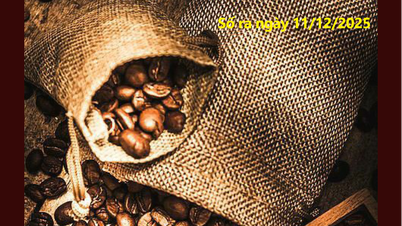
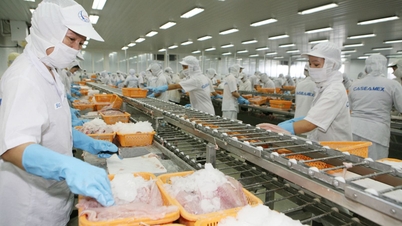






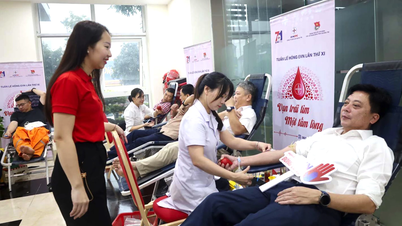

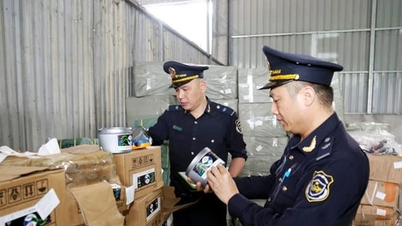











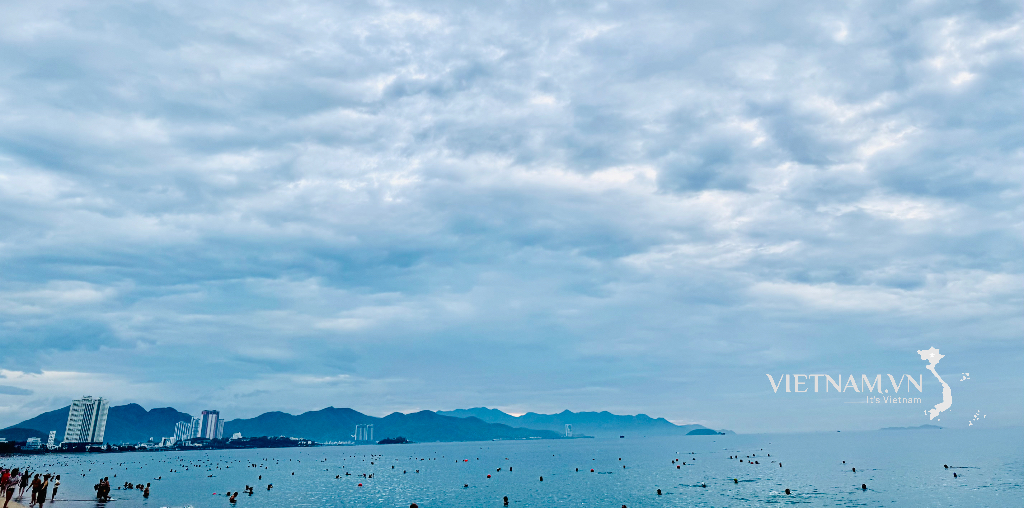



Comment (0)